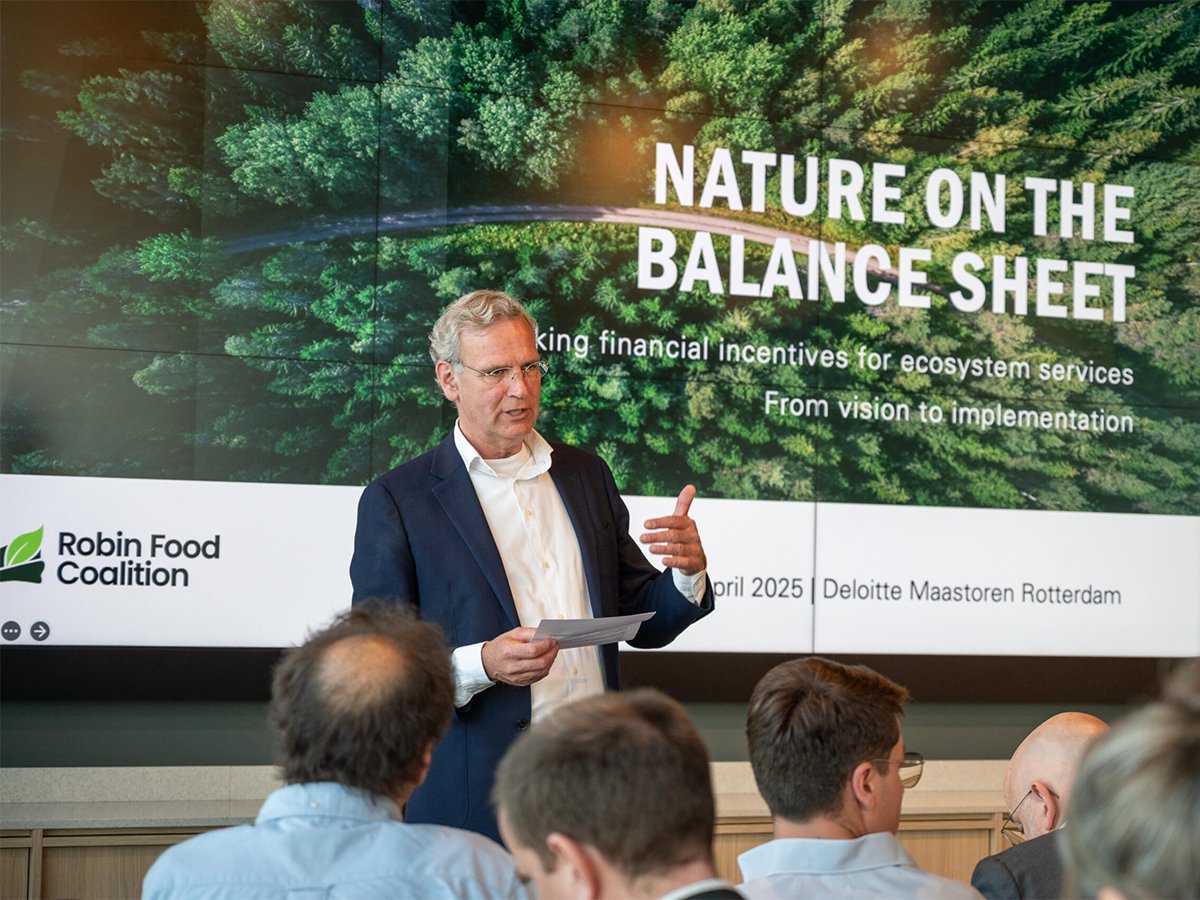LUCKY LAKE, Sask. – Three years after the collapse of Saskatchewan’s
potato industry, its largest packer is pushing for a modest expansion
in acreage.
Pak-Wel Produce Ltd. says business is going so well at its Saskatchewan
plant that it’s time for the province’s producers to consider growing
more spuds.
“The demand for potatoes from this facility far exceeds our ability at
this point in time to get local growers to provide potatoes,” said
Gerald Gross, Pak-Wel’s manager of potato buying.
Read Also

Activist urges new way to measure profitability
Organic activist praises Mark Carney for spearheading the Task Force on Climate-related Financial Disclosures.
The Lucky Lake plant was one of the assets of the failed Lake
Diefenbaker Potato Corp., which went bankrupt in 1999. It was purchased
by Pak-Wel’s parent company, Agristar Incorporated, later that year.
Agristar also owns a packing plant and a potato granules plant in
Vauxhall, Alta., and a fresh cut fruit and vegetable business in
Calgary.
Pak-Wel recently hosted an open house to showcase its packing plant and
the newly acquired storage facility it bought from the provincial
government earlier this year.
One goal of the event was to help heal old wounds that exist among
local growers involved in the unsuccessful LDPC endeavour.
“Even though the first venture failed, in some small way those people
were successful because the plant is in Lucky Lake and it is operating
and it is creating a lot of economic development activity,” Gross said.
“Some twist of fate caused it to be here and operating and it is
certainly helping the town of Lucky Lake and the area around Lake
Diefenbaker.”
The plant employs 32 full-time workers. Another 22 teenagers have
part-time jobs at the Pak-Wel facility. But Gross is most proud that
the plant has been cleaning, grading, sizing and packing table potatoes
year-round since it opened in 1999.
“The big thing was to run 12 months of the year.”
Most Canadian potato packers shut down for four months between May and
August when local supplies are non-existent.
Pak-Wel was determined to continue operating during the summer to
maintain its workforce, keep trucking relationships in place and help
pay its sizable overhead costs.
“The answer was to aggressively import potatoes from the United States
and that’s what we did,” Gross said.
But the cost of shipping those spuds to Canada is high and it is hard
to ensure the proper quality, so Pak-Wel would like to buy more of its
supply from local producers.
The company contracted about 1,200 acres of production this year and
wants to increase that by another 800 acres. Seventy-five percent of
the potatoes that Pak-Wel buys is contracted. The rest are seed
potatoes that don’t meet certification standards or table potatoes
grown on speculation.
Last year the company packaged about 16,000 tonnes of product – 11,000
tonnes from Saskatchewan producers. Gross said Pak-Wel would like to
increase production to 30,000 tonnes and wants 95 percent of it to be
grown in Canada.
Growers are embracing expansion, and seem to have put the 1998 debacle
behind them. That was the year LDPC tripled its potato acreage, shortly
before big problems surfaced in the provincial potato industry.
Gross assures growers that will not happen again because Pak-Wel is
matching sales contracts to purchase contracts.
“We won’t get in a long position where all of the sudden people know
that you’ve got thousands of tonnes of potatoes that you can’t sell. It
won’t happen.”
Ken Plummer grows potatoes southwest of Saskatoon. His acreage is all
contracted with Pak-Wel, a company he credits with resuscitating the
industry.
“If they weren’t here we wouldn’t be in the potato business,” said
Plummer.
Pak-Wel’s ample storage capabilities allow Plummer to deliver potatoes
to the plant, avoiding the expense of building his own storage
facilities.
He thinks there is an appetite for expansion in the potato industry. He
recently doubled his acreage and has his eyes on another piece of good
potato land for further expansion.
But growers haven’t forgotten what happened in 1998 when acreage shot
up and the industry crumbled. Plummer said there will be cautious
expansion.
“It will be a natural growth that is sustainable, rather than a pushed
growth that collapsed.”















